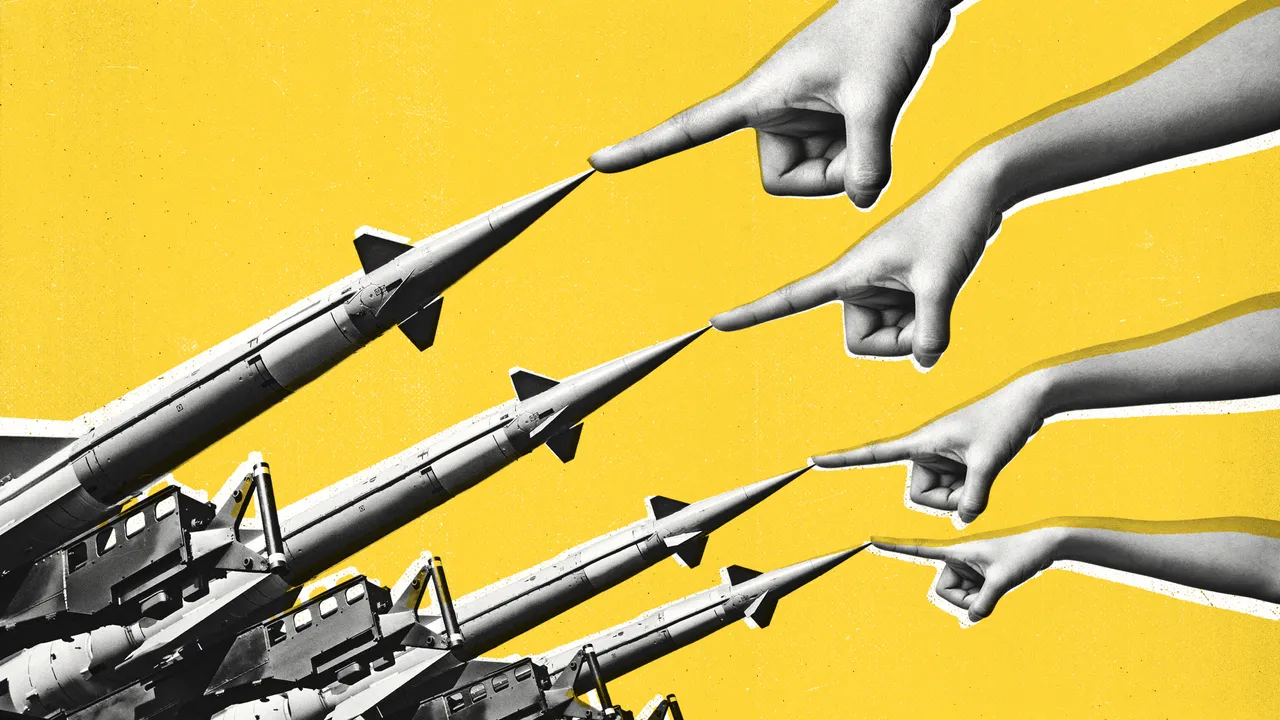
The conflict between Israel and Hamas is nearing its two-week mark, and thousands of people have died as a result of violence in Israel and the Palestinian-held Gaza Strip. As the war continues, both sides have traded blame — particularly following a deadly airstrike on a hospital in Gaza — as a looming question remains: Will any nation actually involve itself in a peacemaking process?
Western countries such as the United States and swaths of the EU have pledged to defend Israel. President Biden himself touched down in Israel today to meet with Prime Minister Benjamin Netanyahu and "stand in solidarity with the Israeli people following Hamas's terrorist attack," he said. A number of Middle Eastern nations, meanwhile, have called for supporting Palestinians and ending the humanitarian crisis befalling Gaza.
But what country could emerge as a potential middle ground to broker peacemaking talks? The United States has been thrown around as an obvious choice, but other countries such as Jordan and European nations have been proposed as intermediaries.
The U.S. appears to have taken the lead in trying to bring about peace, as the country "has a long history of playing peacemaker in the Israeli-Palestinian conflict," Elise Labott wrote for Politico. However, an American-led push for peace may be compounded because the last two decades of U.S. foreign policy have "left tensions in the region boiling while the United States began to gradually withdraw its involvement in the conflict," Labott added. She opined that, particularly under the Biden administration, the U.S. "relegated the Middle East to a secondary concern" while focusing on growing domestic problems.
"I have never seen the U.S. peacekeeping role to be as limited in ambition as I see it now," former Egyptian Foreign Minister Nabil Fahmy told Politico. "You’re seeing an erosion of a two-state solution with only ... a half-hearted commitment on the part of the Americans."
An alternate option for brokering peace could come from Jordan, which has sometimes been seen as a stable party in the region. Jordanian King Abdullah II has been a historic ally of the United States. However, this goodwill may have soured after the hospital airstrike in Gaza. Both the Palestinians and Israel have accused each other of being behind the attack, and Biden had a planned meeting with Arab leaders in Jordan canceled soon after.
While Jordan signed a peace treaty with Israel in the 1990s, "its decision to call off the summit underscores a complex history with Israel that stretches back to the very founding of the latter," Mazier Motamedi wrote for Al Jazeera. But despite being peaceful on paper, relations between Israel and Jordan have been frigid. While these relations "appeared to have improved" in recent years, Motamedi opined, "Israel’s war on Gaza could reverse that trend." However, Jordan "is also highly wary of a new influx of Palestinian refugees," and as a result, "cannot afford to see the war escalate." This could be a catalyst for Jordan to help mediate peace, feelings aside.
The European Union has also been looked at as a possible peace broker, given its interconnectivity with the Middle East. But Europe's "shambles over the latest Israeli-Palestinian crisis is more typical of inter-state, political and turf disputes," Paul Taylor opined for The Guardian. Taylor added that the "highest levels of the EU reflect longstanding rifts among and within European countries over the Israeli-Palestinian conflict," making a unified message among all the nations of the EU difficult.
What next?
As the search for intermediaries continues, Israel has just approved the entry of humanitarian aid into Gaza by way of Egypt, reportedly following pressure from Biden. The president also announced that, while his support for Israel remains steadfast, the United States would provide $100 million to Palestinians in Gaza to provide "clean water, food, hygiene support, medical care and other essential needs."
"Civilians are not to blame and should not suffer for Hamas' horrific terrorism," the White House added. "Civilian lives must be protected and assistance must urgently reach those in need."
Netanyahu's office reiterated in a statement that Israel wouldn't stop aid from reaching Gaza "as it is only food, water and medicine for the civilian population." However, the prime minister added that the aid would continue only "as long as these supplies do not reach Hamas."
A free daily digest of the biggest news stories of the day - and the best features from our website














